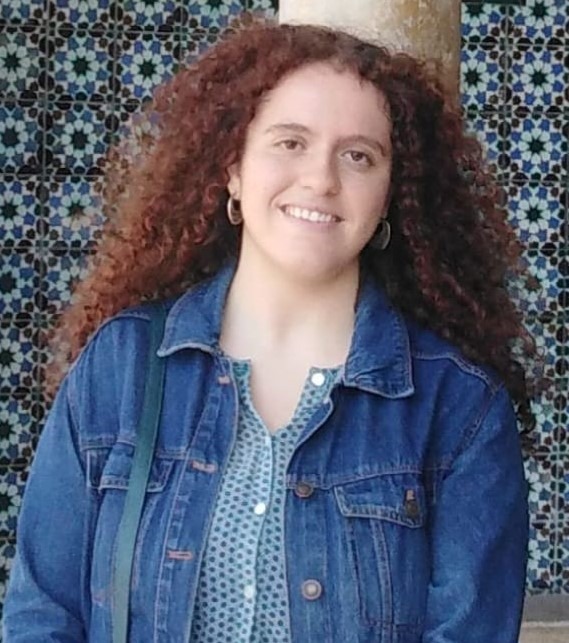Our research is organised in three main areas:
- Fundamental research in early left-right development – symmetry breaking;
- Translational studies looking for therapies for ciliopathies by generating zebrafish disease models for research on Primary Ciliary Dyskinesia (PCD);
- Diagnostic and Research on PCD.
PCD is a rare disease (1:10,000) that affects cilia motility and where 50% of patients have left-right defects, which establishes a connection between our fundamental and translational interests. The disease lacks effective therapies. mRNA therapy is a major hope, already in phase 1 clinical trials, on which we are working together with the German company Ethris.
Our lab houses the only diagnostic service for PCD in Portugal which allows to have access to nasal epithelial samples from patients and to perform clinical research projects in ciliopathies.
Our group won the Maratona da Saúde senior prize for Rare Diseases in 2021 for using zebrafish as a biomedical animal model for PCD. We have more than 20 years of expertise with this model and by using CRISPR-Cas9 we can mimic mutations found in PCD patients. The aim is to restore cilia function in the fish olfactory organ using lipidic nanoparticles formulated with mRNA therapy. Zebrafish nose has cilia that recapitulate human respiratory cilia. We will determine the concentration of mRNA nanoparticles and the duration of therapy that rescues zebrafish olfactory pit cilia. Human mutations in this gene lead to severe disease symptoms and outcomes, such as lung transplantation.
Our future studies will combine human data from air-liquid interface cultures from transplanted patients and zebrafish data. We need to determine what is the developmental stage of ciliated cells that best receives mRNA therapy. The use of CE3C-FCUL Bioimaging facility equipped with a Leica SP8 Falcon Fluorescent Lifetime Imaging Microscopy (FLIM), allow us to perform imaging independent of fluorophore concentration.

![/uploads/subcanais2/banners-novo-site-ce3c-33[1].png /uploads/subcanais2/banners-novo-site-ce3c-33[1].png](/uploads/subcanais2/banners-novo-site-ce3c-33[1].png)




